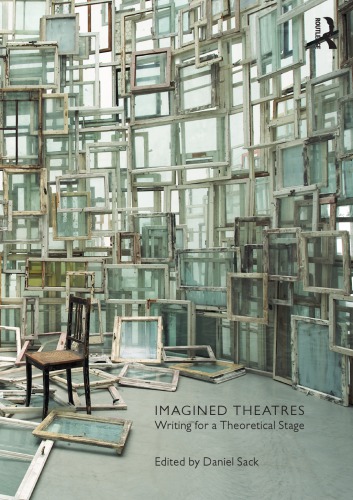

Most ebook files are in PDF format, so you can easily read them using various software such as Foxit Reader or directly on the Google Chrome browser.
Some ebook files are released by publishers in other formats such as .awz, .mobi, .epub, .fb2, etc. You may need to install specific software to read these formats on mobile/PC, such as Calibre.
Please read the tutorial at this link: https://ebookbell.com/faq
We offer FREE conversion to the popular formats you request; however, this may take some time. Therefore, right after payment, please email us, and we will try to provide the service as quickly as possible.
For some exceptional file formats or broken links (if any), please refrain from opening any disputes. Instead, email us first, and we will try to assist within a maximum of 6 hours.
EbookBell Team

5.0
48 reviewsImagined Theatres collects theoretical dramas written by some of the leading scholars and artists of the contemporary stage. These dialogues, prose poems, and microfictions describe imaginary performance events that explore what might be possible and impossible in the theatre.
Each scenario is mirrored by a brief accompanying reflection, asking what they might mean for our thinking about the theatre. These many possible worlds circle around questions that include: